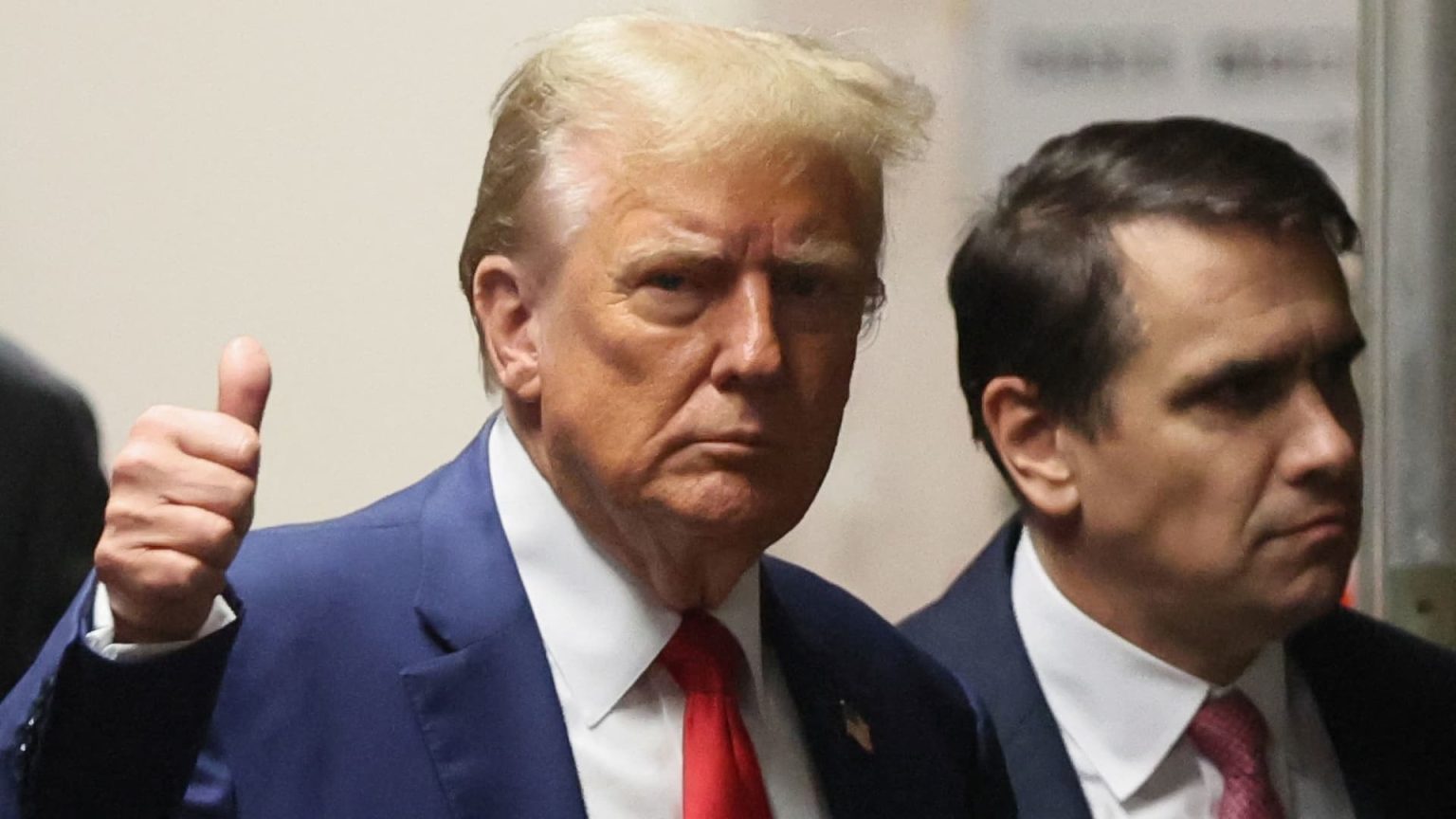A federal judge has indefinitely postponed the criminal trial of former President Donald Trump, in which he faces charges of willfully retaining classified national security documents after leaving office and hiding them from federal authorities. The trial was originally scheduled to begin on May 20, but U.S. District Judge Aileen Cannon has vacated that date and set new pre-trial proceedings, with the latest hearing now scheduled for July 22. This latest development raises questions about whether Trump will face trial on the federal criminal charges before the November 5 election, where he is the presumptive Republican presidential nominee.
In her court order, Cannon stated that finalizing a trial date at this point would be imprudent, given the unresolved pre-trial issues surrounding how classified information will be handled in such a high-profile trial involving a former president. She cited the need for additional pretrial and trial preparations to present the case to a jury effectively. Moving forward with the trial in May would be inconsistent with the court’s duty to fully and fairly consider these issues, according to Cannon’s ruling in federal court in southern Florida. The current trial date of May 20 and associated calendar call have been vacated, with a new date to be set following the resolution of these matters.
This delay in the trial of Trump on criminal charges related to classified national security documents is significant, as it raises uncertainties about the timing of any potential legal proceedings against the former president. The postponement of the trial date until unspecified future proceedings have been resolved indicates that the court is prioritizing a fair and efficient administration of justice, as well as upholding the defendants’ right to due process. The public interest in the legal proceedings against a former president is also considered, as the court seeks to address the complexities of handling classified information in a trial involving such sensitive materials.
The decision to postpone the trial of former President Donald Trump on criminal charges related to classified documents comes at a crucial time, with the November 5 election approaching and Trump being the presumptive Republican presidential nominee. The court’s ruling to vacate the original trial date and schedule new pre-trial proceedings reflects the challenges and complexities involved in handling classified information in a high-profile trial. The need for additional preparations before presenting the case to a jury underscores the importance of ensuring a fair and efficient administration of justice, while also upholding the defendants’ right to due process. It remains to be seen when a new trial date will be set, and whether Trump will face trial on the federal criminal charges prior to the election.
Overall, the indefinite postponement of the trial of former President Donald Trump on criminal charges related to classified national security documents raises questions about the timing and resolution of legal proceedings against the former president. The court’s decision to delay the trial date in order to address unresolved pre-trial issues, including the handling of classified information, underscores the complexity of the case and the need for additional preparations before presenting it to a jury. The prioritization of a fair and efficient administration of justice, along with the defendants’ right to due process and the public interest in the legal proceedings, highlights the challenges faced by the court in handling such a high-profile case involving a former president. The impact of this delay on the timing of any potential trial before the November 5 election adds further uncertainty to the legal proceedings against Trump.


